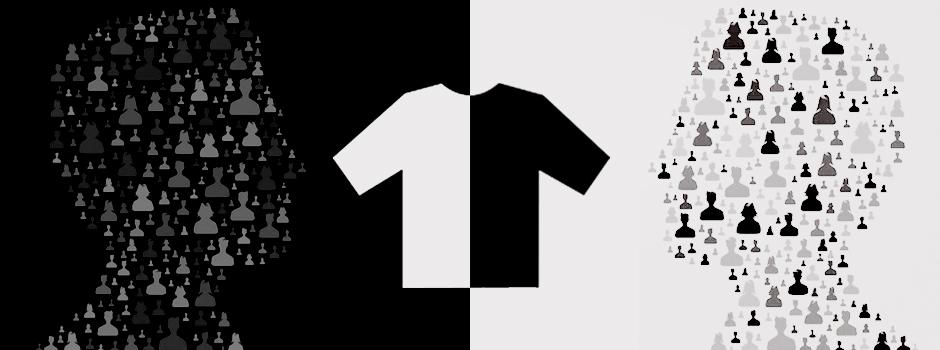Discussion over offensive clothing led to a spirited debate on notions of cultural appropriation and political correctness among some 70 faculty members and students last Tuesday. The open dialogue, hosted by the Ad Hoc Committee on Critical Inquiry, helped students apply critical thinking to real-life situations.
Moderating the event, Assistant Professor of History Heather Lee, kicked off the debate with two questions: Is clothing just clothing? How do we determine what is culturally offensive? The conversation opened the gate to a larger cultural context, from setting up exotic Tibetan restaurants to the difficulties of being accepted into foreign universities based on one’s surname.
Stimulating the intense conversation were professors Anjuli Pandavar, Brandon Conlon, Clay Shirky and Lena Scheen. The panelists presented contrasting opinions over the impact of cultural appropriation and engaged with the onslaught of commentary and questions from students.
Professor Scheen raised an example of the Dutch Christmas tradition celebrated by dressing up as “Black Pete.” She pointed out that Dutch nationals were becoming increasingly aware of parallels between wearing “black face” and satirizing slavery and reinforcing negative stereotypes of black people.
In determining what is harmful, Professor Shirky held an alternative view. “Cultural appropriation cannot be simply applied as a tool to identify harm,” he said. “People’s attempts to regulate cultural appropriation can mischaracterize other problems.”
“Rather than only focusing on the possible harms of culture appropriation, we should be concerned with our feelings as individuals, which vary from person to person, regardless of identity,” Professor Pandavar asserted.
Professor Conlon encouraged students to explore and redefine political correctness both in and out of classrooms, making cultural appropriation a learning process for intercultural understanding. “Schools should be a place to foster respect and empathy for diversity,” he said.
According to Professor Lee, the Ad Hoc Committee on Critical Inquiry plans to organize another two open dialogues this semester, where students are encouraged to critically examine controversial social issues.



